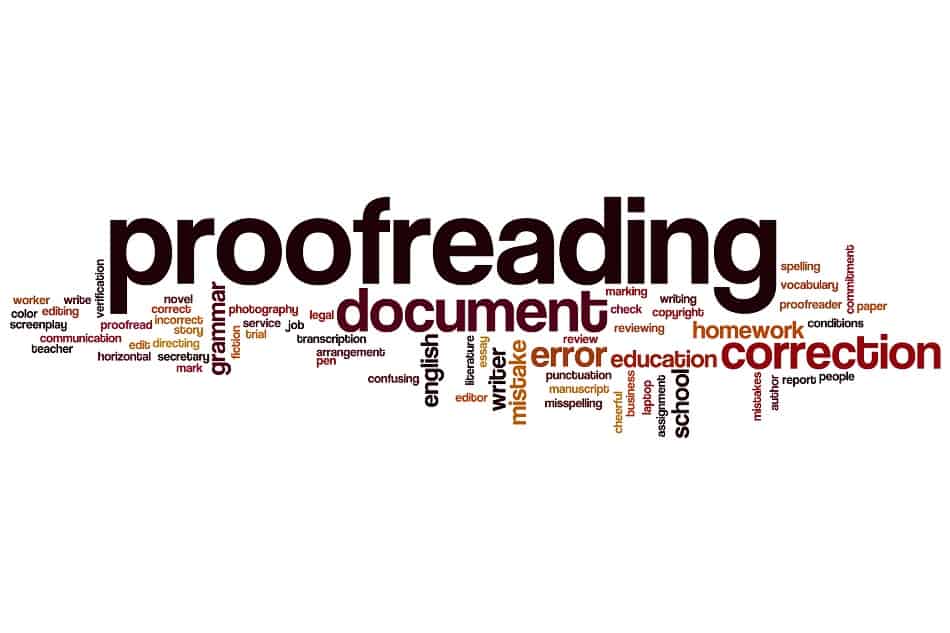The Importance of Academic Proofreading before Article Submission
There are many different reasons why the editor of a scholarly journal may reject papers submitted to the journal for publication. Some of these reasons, though they may seem rather unjust from the perspective of the hard-working academic or scientific author hoping to publish his or her writing, are simply practical. Most reputable journals, for example, particularly top-tier periodicals that have achieved high citation rates, receive far more submissions than they can possibly publish each month. This means that a large portion of those papers must be rejected, and editors with too much work on their hands – a common scenario in today’s publication climate – are often looking to reject submissions in order to reduce the number of papers that will be sent on to peer reviewers and seriously considered for publication.
Two major causes for rejection during this initial process in which editors skim off a layer of papers from too large a pool of writing may seem obvious, but they occur so frequently and are so painfully visible to editorial eyes that they cannot be emphasised enough, especially since both are preventable and repairable. The first is neglecting to follow accurately and thoroughly the guidelines for authors provided by a journal, and the second is failing to write clear and correct prose that achieves a scholarly or professional standard of communication. It is unlikely that many scholarly authors are so confident their research will impress editors without effective presentation and communication that they deliberately ignore the need to observe every detail of formatting requested by a journal or decide to submit their writing with the knowledge that their grammar, punctuation and spelling are problematic. However, following guidelines with precision and polishing prose to perfection are often difficult and time-consuming tasks that require a sharp eye for detail, a propensity for perfection, an understanding of academic or scientific conventions and extremely strong language skills for both reading and writing.
Given that advanced scholars tend to be incredibly busy professionals who need to master many skills and areas of knowledge in order to conduct their research and instruct students successfully, it is no wonder that not all of them possess the qualities necessary to format complex documents, write perfect prose and edit sophisticated text as well. Professional academic and scientific proofreaders and editors, on the other hand, do possess the skills and qualities necessary to ensure that the guidelines of scholarly journals are followed with precision and consistency and the rules and conventions of scholarly prose are observed correctly and effectively. Furthermore, they are usually highly educated, have extensive knowledge in particular disciplines and fields, enjoy the challenges presented by complicated documents packed with detailed information and not only have the time to dedicate to your writing, but are also happy to give it the painstaking attention it deserves.
The services of a professional proofreader or editor can be put to good use before you submit your writing for publication, a practice that will prevent your work from being rejected for problems with language and formatting before its content is seriously considered and therefore significantly increase its chances of acceptance and publication. However, if your submission has already been rejected, it is not too late to benefit from the expertise of a qualified proofreader or editor who can help you make a second impression far better than the first if you resubmit your writing to the same journal or a brilliant first impression on a different editor if you decide to submit it elsewhere. If you do choose to resubmit your professionally edited writing to the journal where you met with rejection, do be sure to mention in your letter that an academic or scientific proofreader has worked on your paper, as this will inform the editor about the efforts you have made to meet journal requirements and very likely instil confidence where it is most needed.

















